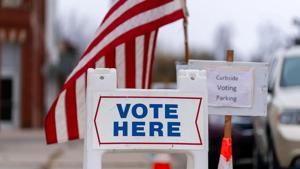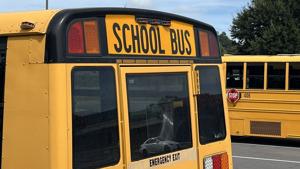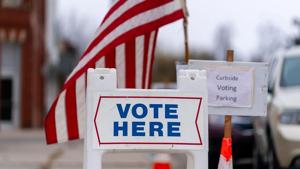(The Center Square) – Wisconsin Gov. Tony Evers does not plan to sign a bill currently in the Senate that would prevent individuals who were identified as male at birth from competing on women’s athletic teams in the University of Wisconsin system or at the state’s technical colleges.
Evers said “it’s a non-starter for me” to the Daily Cardinal.
Bill sponsor Sen. Rob Hutton, R-Brookfield, testified that the bill codifies the current National Collegiate Athletic Association rule that prevents someone who was born male from competing in women’s sports.
“While we should support the rights of individuals to live as they wish, one person’s rights should not result in unfair or unsafe outcomes for others – in this case, for women in college athletics,” Hutton testified. “Unfortunately, policies meant to ensure fairness and safety for women in sports have become a political football, and a political change at the national level could make this policy change temporary. Any policy should also address biological males’ ability to use locker rooms meant to be safe spaces for women.”
The bill requires the college or university to designate a team by sex and then prohibit male students from using locker rooms designated for females or competing on teams designated for females.
“When I first introduced this legislation in 2021,1 was told that I was creating a solution in search of a problem,” said Rep. Barbara Dittrich, R-Oconomowoc. “Last legislative session, I brought up that I had only been made aware of six different instances where parents had concerns. At that point, I was roundly mocked and dismissed as this wasn’t much of a problem, according to my detractors.
“The fact is that we don’t know how many transgender students are on Wisconsin K-12 teams because the WIAA refuses to tell us. However, it only takes one transgender athlete to create difficulties for an entire conference of female athletes.”
Ditrich cited a March 2023 instance at Sun Prairie High School where she said a male student “claiming to be transgender disrobed in front of freshmen girls in a locker room.” She said that one in four women statistically will be abused by the time she becomes an adult and this issue can make that issue worse.
“As we force these females to share their locker rooms and showers with individuals who are fully physically intact males, we compound their trauma and anxiety, then force them to go out and compete with or against these same individuals,” Ditrich said.
















